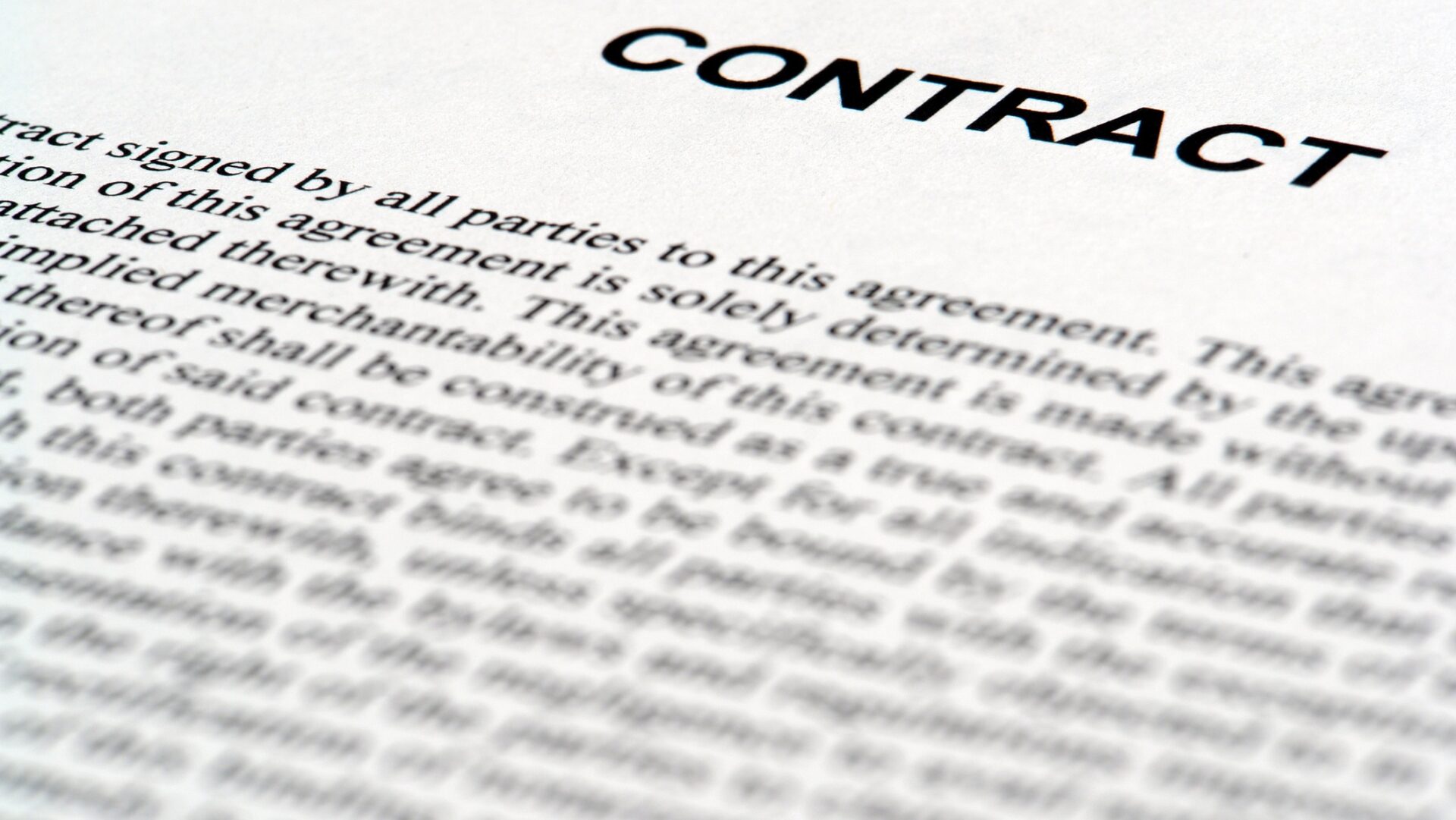Contracts will often contain a clause which says that parties must act in good faith in relation to one another. The recent case of Matière SAS v ABM Precast Solutions Ltd discussed what the extent of that duty is – and what happens if it is breached. Jane Hughes answers this Q&A.

What does ‘acting in good faith’ mean?
‘Good faith’ does not possess a single legal definition in English law and its meaning is often influenced by the specific context. However, at its core, good faith requires honesty. Any dishonest conduct will be considered a breach. A breach of good faith may also encompass behaviour that would be deemed “commercially unacceptable to reasonable and honest people”.
What’s new about good faith in construction contracts? The position in JCT contracts
Before 2024, obligations relating to collaborative working and good faith were optional in the JCT contracts, so they were not consistently adopted in practice.
The default position in JCT 2024 now requires that parties who work together must do so in a collaborative manner, in good faith, and in the spirit of trust and respect. They must support behaviour which is collaborative and address behaviour which is not.
How does the Matière v ABM case clarify ‘breach of good faith’?
The recent case of Matière SAS v ABM Precast Solutions Ltd offers valuable insights into what good faith means in a construction context. The case involved two companies, Matière SAS (a French Engineering firm) and ABM Precast Solutions Ltd (a concrete manufacturer), which collaborated on a bid for the subcontract on HS2’s green tunnels project. They had an agreement that explicitly required both parties to act in good faith towards each other.
However, the court found that Matière breached its duties of good faith by:
- Deliberately criticising ABM’s proposed factory to the main contractor, EKFB (a joint venture made of Eiffage, Kier, Ferrovial Construction and BAM Nuttall);
- Exploring alternative sites and providers without ABM’s full knowledge or agreement;
- Considering a ‘Plan B’ which would have reduced ABM’s scope and a ‘Plan C’ which would have replaced ABM entirely.
The court found that Matière’s behaviour was ‘dishonest or commercially unacceptable’ and noted its clear lack of loyalty to the joint venture.
The judgment shows how actions that undermine a partner’s contribution, or seeking to replace them, can constitute a breach of the good faith clause within a joint venture. It also demonstrates that actions such as manoeuvring around a partner can be seen as a breach of good faith, especially when it is not in a collaborative spirit.
If there is a breach of good faith, is the innocent party automatically entitled to damages?
No. This is a critical point in Matière v ABM. Whilst the court found that Matière did breach its duty of good faith, ABM was not entitled to recover damages for lost profits.
The reason for this was that ABM failed to prove exactly how Matière’s actions were a direct cause of loss, specifically in relation to the failure of the parties’ bid for HS2’s green tunnels project.
To be successful in a claim for damages, even though there is a breach of contract, it is for the party claiming damages to prove that the breach directly caused its losses.
What are the key takeaways of Matière v ABM for construction professionals?
- Good faith is now mandatory in JCT 2024: if operating under new JCT 2024 contracts, the obligation to act in good faith is no longer an extra, but a contractual requirement.
- Importance of honesty and fair dealing: good faith demands honest conduct and adherence to reasonable commercial standards of fair dealing, so it is crucial to avoid any behaviour that could be seen as “dishonest or commercially unacceptable”.
- Transparency is essential: in joint ventures, exploring options behind the other party’s back or secretly planning to reduce or remove their role will be breaches of a contractual duty of good faith.
- Document everything: while proving a breach of good faith is important, it is equally vital to be able to demonstrate that the breach directly caused any losses being claimed.
You must act with honesty in joint agreements to avoid a breach of good faith. If you do claim damages, you need to make sure that you can prove how the breach directly caused a loss, otherwise it may result in an unsuccessful claim.
Jane Hughes is a managing associate in the projects and construction department at Trowers & Hamlins.











